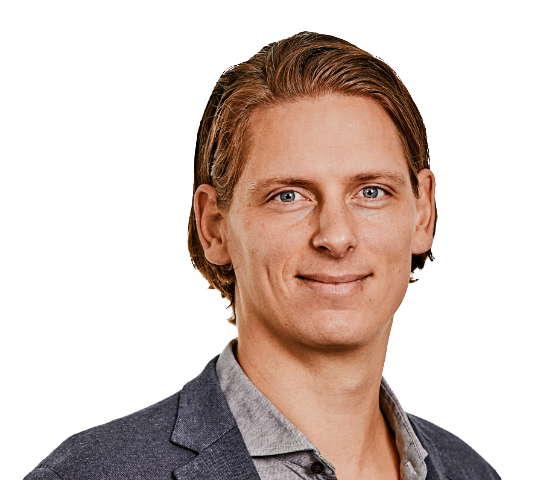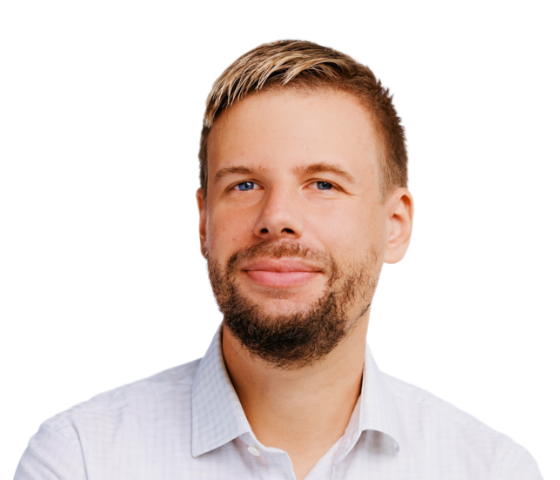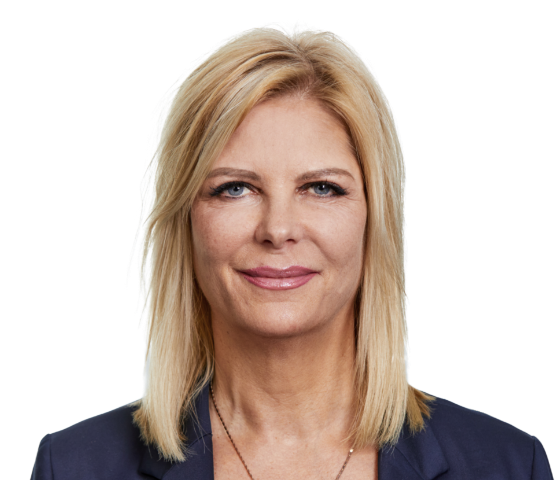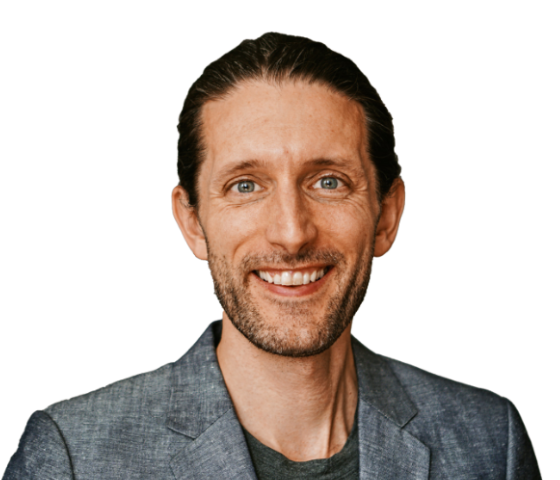About us
The knodel foundation was established in 2017 by PANDION CEO Reinhold Knodel and his son Patrick Knodel, who heads the foundation as CEO. By making an annual donation of EUR 1,000,000, PANDION AG, as the donor, makes a decisive contribution to project funding and also covers the administrative costs incurred. This ensures that 100 percent of every Euro donated to the knodel foundation reaches the projects. Furthermore, since 2021, every additional donation received from other individuals or organizations is matched by PANDION.

Patrick Knodel
CEO of the knodel foundation
Traveling and seeing the world for myself has long been part of my personal identity. The final impulse to take action myself came on a trip to Malaysia: I was deeply shocked by the extent of deforestation for the sake of palm oil plantations. I quit my job as the manager of a steak restaurant, fundamentally changed my diet and have since been deepening my expertise for non-profit projects that serve the UN’s sustainable development goals. Despite, or perhaps because of, the differences in our lives and experiences, the exchange with my father Reinhold Knodel is a constant, enriching companion to my work. Whenever possible, I visit the projects supported by the knodel foundation on site myself in order to obtain background information and a feel for local conditions. With this competence I lead the foundation and parallelly invest in effective companies through PANDION INNOVATION for IMPACT GmbH.

Dr. Christoph Neusiedl
Communications, Fundraising & Impact
Already during my studies, I extensively dealt with the theory and practice of development aid. The focus of my doctoral thesis was in the area of “postdevelopment theory”, which outlines alternative ideas to traditional development aid. As Communications and Impact Consultant for development cooperation in Bangladesh and India, I have already been able to implement many exciting projects in this field with various organizations. The desire to shape and promote innovative approaches towards social and environmental justice finally led me to join the knodel foundation. Here I can contribute with my expertise to support a large variety of funding projects that improve the lives of many people in the global south in a sustainable, long-term way.

Ingrid Eberspächer
Assistance
Years ago, I became aware of the impact of my consumption, especially my diet with the consumption of meat. I became aware of the consequences for the animals due to the way they are farmed, but also the consequences for people and nature – e.g. by clearing the rainforests to grow the animal food. It had such a lasting impact on me that I changed my diet. I think it is important that sustainable changes take place in many areas and I am therefore happy to be able to contribute to these positive changes professionally as part of the knodel foundation team.

Peter Cramer
Online Communications
Early on in my teenage years, I was given the opportunity to hand over donations in a favela in Brazil through cultural projects. Later on, the establishment of a prevention project in a township in South Africa showed me how important direct contact is in influencing the impact. When I met Patrick, it was soon obvious that his conviction and commitment enable a foundation where funds actually go where they are most needed. I am grateful to be able to shape the accompanying processes online and therefore the vision of the knodel foundation through the very same vision of its founder.
Our impact
We initiate systemic changes with the goal of a fairer world. That is why we are committed to strengthening the global South by promoting its long-term stability and economic independence through integrated development cooperation. On the other hand, by enabling social spaces for reflection, we promote the development of a systemic understanding of global interrelationships in our home country of Germany, which we understand as part of the global North. Only when both are brought together long-term change can really happen.
We believe that good concepts must be supported. At the same time, innovation should not be forgotten. Innovative concepts often have a hard time getting capital in the nonprofit sector because they are difficult to explain and prove to donors. As a foundation, we see it as our task to promote such innovative approaches that subsequently produce multipliers of change. The focus is always on networking people and organizations, because cooperation is an underestimated strength of the human kind.
The selection of our projects is not based on a regional focus, but on the impact of the project. Measuring impact is difficult, and the more systemic an approach is, the harder it is to measure in the short term. We therefore use the IOOI model to assess the impact of our project partners:
Input – Output – Outcome – Impact
We apply the model to the funding of all projects. In this way, we ensure that we are not satisfied with the use of our own resources (input) or with the provision of services (output), but that all projects achieve a demonstrable change in the target group (outcome). The overarching effect at the societal level (impact) is influenced by other, external factors and is therefore fundamentally difficult to measure in concrete terms, even over many years. From the “outcome” level onward, we can therefore speak of the impact achieved, which is illustrated in the following diagram: